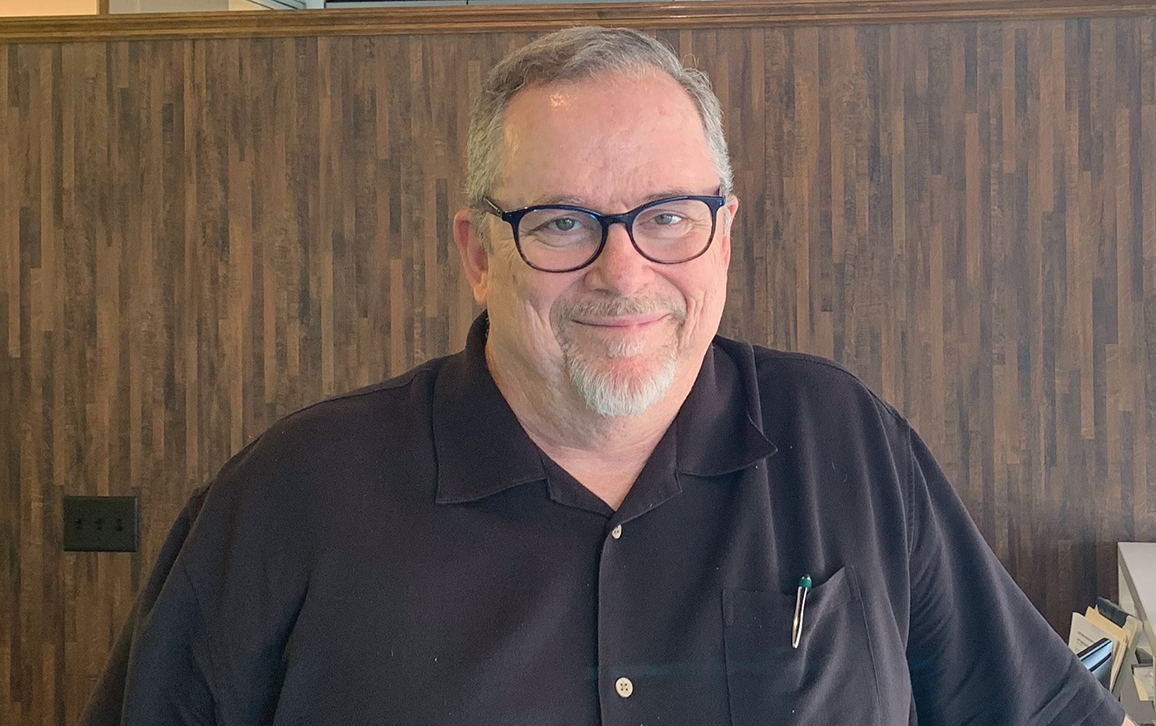February 26, 2024
Q: How can I have fun in recovery?
A: I’ve been in addiction recovery since 2008 and worked as a Face It TOGETHER peer coach since 2017. I’ve heard these concerns many, many times throughout the years.
For those of us who come to rely on alcohol or other drugs, it’s hard for us to imagine having fun without them. In our minds, one doesn’t happen without the other. Committing to a life of abstinence – which we’re sure will be dull and uninteresting – is an incredibly big ask. It’s scary and overwhelming.
This fear of a life without alcohol or other drugs keeps people from seeking the help they need. I’ll often meet individuals for the first time in our Sioux Falls, SD office who come in looking confident and self-assured. Once we’re alone in the coaching room, however, they become very serious. They’ll say something like, “I’ve driven by your office four or five different times. I knew I needed to go in for help, but I’d keep driving. I was afraid once I started working with you, I’d never have fun again.”
It may be helpful to consider what fun looks like to you now. Usually, what started out as relaxing or enjoyable has gradually become less so. Maybe, for example, drinking with your friends brings some temporary laughs, but you wake up the next day hungover or facing an angry spouse. Is partying still fun, or is it a way for you to avoid the not-so-fun parts of life?
It’s also very common for people to use alcohol or other drugs to ease their anxiety and/or depression symptoms. I did it for decades. Substances may ease symptoms in the short-term, but they often make our mental health problems worse. I like to say that problematic drinking or other drug use is a pause button, not a cure. It will take time for your brain to heal and find a new baseline, but it’s well worth it. (Kattie talks about this “blah period” in her blog about the desire to quit.)
A daunting, but beautiful, part of recovery is the chance to be our authentic selves. Many of us started drinking or using because we had low self-esteem, or we didn’t feel comfortable in social settings without an altered state of mind. We hide ourselves, pretending to be something we’re not, hoping others will like us – even though that isn’t really us. A big part of recovery is adopting honesty with others and with ourselves. We can find out who we are, accept that no human is perfect and understand that we’re all works in progress.
The reality is, of course, that it’s not hard at all to have fun while practicing recovery. There’s so much hope and joy and fulfillment that’s possible. Real fun has more substance. It’s what happens when you get to be with people whose company you enjoy in a true and authentic way. The smiles are real, and the conversations are interesting. The ability to be present and genuine with the people you care for is a true gift.
As you become more comfortable being the real and imperfect you, you’ll be surprised by how quickly the fun follows. Consider ways you can meet new people or try new experiences. You can find fun new ways to spend your time that also meet some of your other wellness needs, like cultivating your self-esteem, improving your mental health or reconnecting with your spirituality.
Life in recovery is still LIFE. There are wins and discoveries and disappointments and challenges. But if you can move through them as your humble, authentic self, there will undoubtedly be fun along the way. What I used to consider “fun” were activities that shut me down, so I didn’t have to focus on my problems and doubts. Today, fun is about waking up, moving forward and encountering new experiences. If you’re ready for change, and some genuine fun, we’re here to help.

